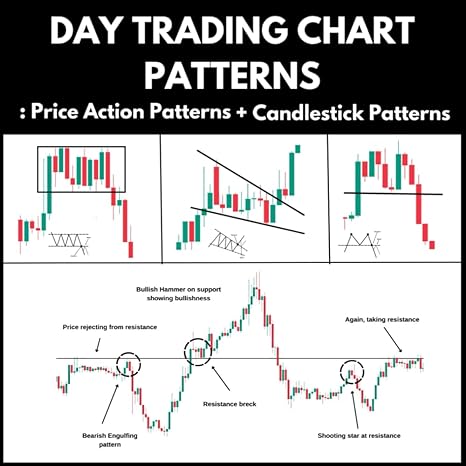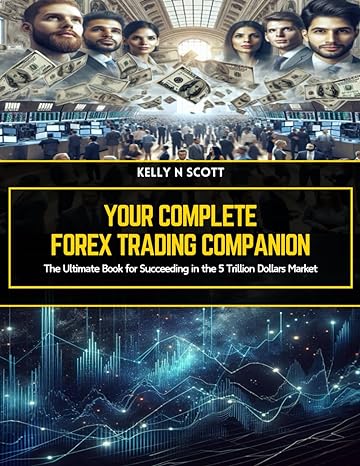Go back


Recurring Crises Macroeconomic Transformation In Hungary 1990 1994(1st Edition)
Authors:
Laszlo Czaban

Cover Type:Hardcover
Condition:Used
In Stock
Include with your book
Free shipping: April 03, 2024Popular items with books
Access to 3 Million+ solutions
Free ✝
Ask 10 Questions from expert
200,000+ Expert answers
✝ 7 days-trial
Total Price:
$0
List Price: $35.89
Savings: $35.89(100%)
Book details
ISBN: 1847991513, 978-1847991515
Book publisher: Lulu Enterprises Uk Ltd
Get your hands on the best-selling book Recurring Crises Macroeconomic Transformation In Hungary 1990 1994 1st Edition for free. Feed your curiosity and let your imagination soar with the best stories coming out to you without hefty price tags. Browse SolutionInn to discover a treasure trove of fiction and non-fiction books where every page leads the reader to an undiscovered world. Start your literary adventure right away and also enjoy free shipping of these complimentary books to your door.
Recurring Crises Macroeconomic Transformation In Hungary 1990 1994 1st Edition Summary: This book looks back at the events with the benefit of hindsight. On the example of four years of struggle of the Hungarian government with the deepening crisis, it will show how different factors, those inherited from state socialism and those created during the transition, shaped the environment in which the transformation of enterprises took place. It is argued that this period was not a public finance, financial or industrial crisis, but a result of processes and factors that existed already in state socialism, only they were manifest in different phenomena. Today's problems in the public finance of Hungary show that these forces remain present. The analysis of the period of 1990-1994 shows that as long as the crisis is perceived as a crisis of public finance, it will recur as soon as the belt cannot be tightened any further and the government of the time believes that it can return to 'normality'.
Customers also bought these books
Frequently Bought Together
Top Reviews for Books
Emme Anderson
( 4 )
"Delivery was considerably fast, and the book I received was in a good condition."










